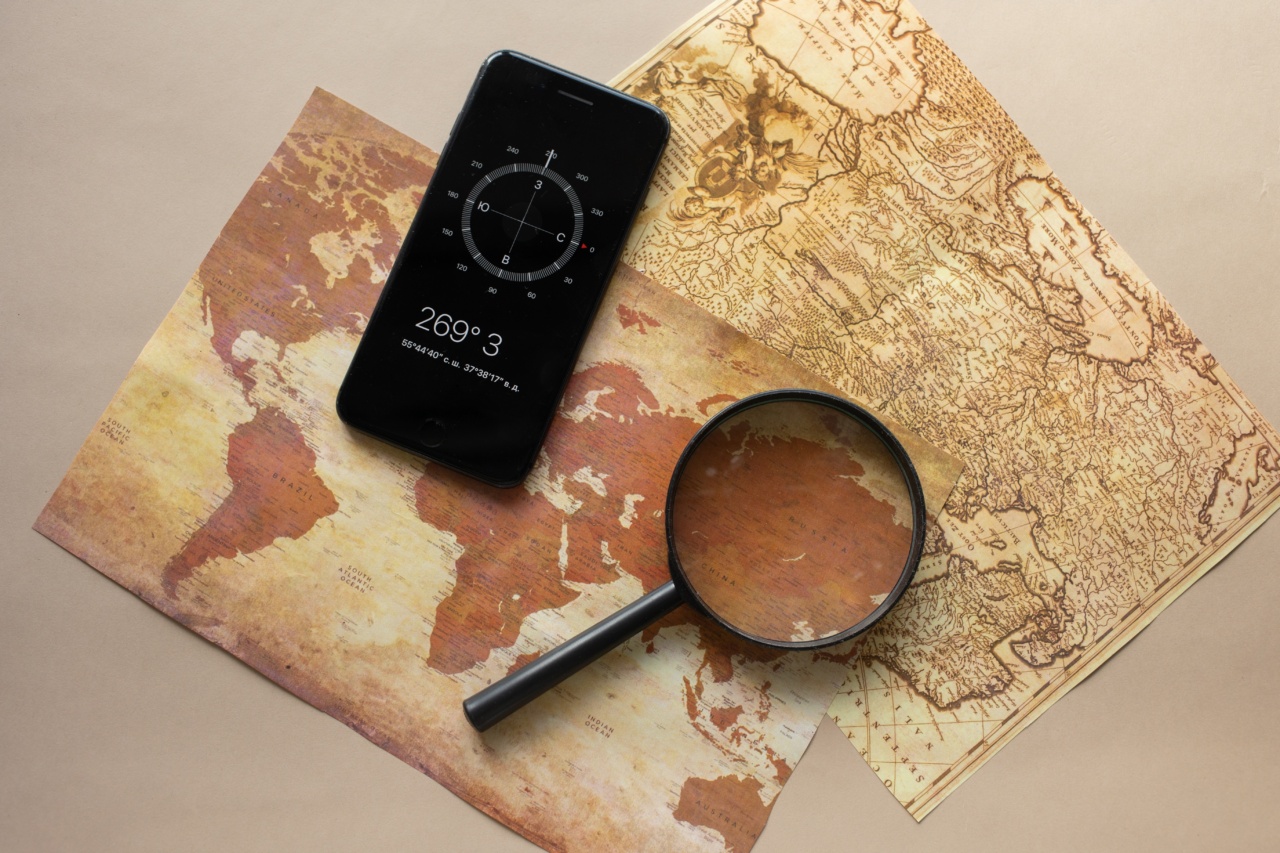High blood pressure, also known as hypertension, is a common health condition that affects millions of people around the world.
It occurs when the force of blood against the walls of the arteries is too high, putting an extra burden on the heart and blood vessels. If left uncontrolled, it can lead to serious health problems such as heart disease, stroke, and kidney disease.
In this comprehensive guide, we will explore everything you need to know about high blood pressure, including its causes, symptoms, and management strategies.
1. Understanding High Blood Pressure
High blood pressure is typically measured using two numbers, systolic and diastolic pressure. The systolic pressure represents the force when the heart beats, while the diastolic pressure is the force between heartbeats.
A normal blood pressure reading is usually around 120/80 millimeters of mercury (mmHg). However, if your readings consistently exceed this threshold, you may be diagnosed with hypertension.
2. The Causes of High Blood Pressure
Although the exact causes of high blood pressure are often unknown, several factors can contribute to its development. These include:.
- Genetics and family history
- Poor diet high in sodium and low in potassium
- Physical inactivity
- Obesity or overweight
- Smoking and excessive alcohol consumption
- Stress
3. Symptoms and Complications
High blood pressure is often referred to as the “silent killer” because it rarely presents noticeable symptoms. However, some individuals may experience symptoms such as headaches, nosebleeds, and shortness of breath.
When left uncontrolled, high blood pressure can lead to serious complications including:.
- Heart disease and heart attacks
- Stroke
- Kidney problems
- Vision loss
- Sexual dysfunction
4. Diagnosis and Monitoring
To diagnose high blood pressure, your healthcare provider will measure your blood pressure using a sphygmomanometer. If high blood pressure is detected, further monitoring and tests may be needed to determine its severity and underlying cause.
5. Lifestyle Modifications
In many cases, lifestyle changes play a crucial role in managing high blood pressure. Some lifestyle modifications that can help include:.
- Eating a healthy diet rich in fruits, vegetables, whole grains, and lean proteins
- Reducing sodium intake
- Engaging in regular physical activity
- Avoiding tobacco and excessive alcohol consumption
- Managing stress through relaxation techniques
6. Medications for High Blood Pressure
In addition to lifestyle changes, medications are often prescribed to help control high blood pressure. Common medications include:.
- Diuretics
- Beta-blockers
- Angiotensin-converting enzyme (ACE) inhibitors
- Angiotensin receptor blockers (ARBs)
- Calcium channel blockers
7. Alternative Approaches
Some individuals may opt for alternative approaches to manage their high blood pressure. These may include:.
- Acupuncture
- Herbal supplements
- Yoga and meditation
- Biofeedback
- Cardiovascular exercises
8. Tips for Prevention
Prevention is key when it comes to high blood pressure. Here are some tips to help prevent the development of hypertension:.
- Maintain a healthy weight
- Follow a balanced diet
- Exercise regularly
- Avoid smoking and limit alcohol consumption
- Manage stress levels
9. When to Seek Medical Help
If you have concerns about your blood pressure or are experiencing any symptoms, it is important to seek medical help promptly. Regular check-ups and monitoring can help detect and manage high blood pressure effectively.
10. Conclusion
High blood pressure is a serious health condition that requires attention and management.
By understanding its causes, symptoms, and treatment options, you can take proactive steps to control your blood pressure and reduce the risk of associated complications. Remember, a healthy lifestyle, regular monitoring, and timely medical intervention are essential for keeping your blood pressure in check and maintaining overall well-being.





























